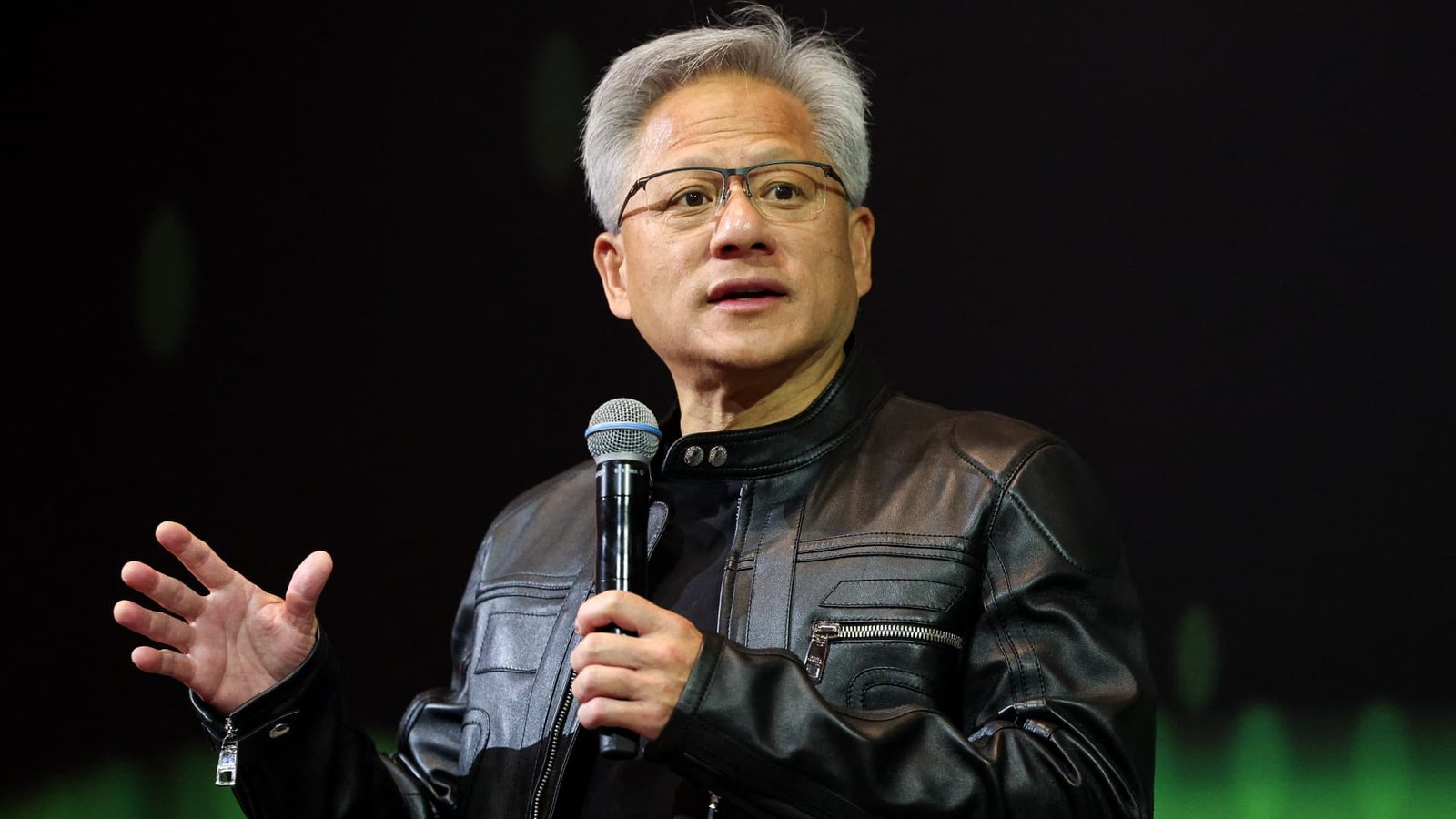Jensen Huang, co-founder and CEO of Nvidia Corp., speaks during a news conference in Taipei on May 21, 2025.
I-hwa Cheng | Afp | Getty Images
Replacing Nvidia is a tall order. While Chinese competitors are years behind the company’s cutting-edge technology, many analysts and insiders warn they are catching up, thanks to U.S. export restrictions.
U.S. chip restrictions on the sale of advanced semiconductor technology, especially those used in artificial intelligence, have been rolled out over several years, with the initial aim of curbing China’s military advancement and protecting US dominance in the AI industry.
However, according to Nvidia CEO Jensen Huang, U.S. semiconductor export controls on China have been “a failure,” causing more harm to American businesses than to China.
While the goals of cutting back the Chinese military’s access to advanced U.S. technology and maintaining U.S. leadership in AI appear to have had some success on paper, loopholes and existing semiconductor stockpiles in China have complicated these aims, said Ray Wang, an independent tech and chip analyst with a focus on U.S.-China competition.
“That’s partly why we are seeing a closing of the gap between Chinese and U.S. AI capabilities,” added Wang.
Huawei and SMIC, China’s largest chipmaker, go back to Donald Trump’s first term in office.
On April 15, Nvidia disclosed that new controls, which restricted sales of its H20 graphics processing units to China, had led to a $5.5 billion charge against its revenue.
boon for the demand and development of local Nvidia alternatives like Huawei, which is working on its own AI chips. They also come against the background of Beijing mobilizing billions as part of its chip self-sufficiency campaign.
“The bottom line is, the controls have incentivized China to become self-sufficient across these supply chains in a way they never would have contemplated before,” Triolo said.
Chinese AI-related achievements, such as DeepSeek’s R1 model and news of Huawei chip progress, have led observers to question the effectiveness of chip controls.
According Wang, the independent analyst, China’s semiconductor and AI space has seen an acceleration of startups, market opportunities, and AI talent alongside the restrictions, which has clearly resulted in domestic innovations.
“I think the arguments that export controls accelerate innovation is quite valid,” Wang said.
Nivida’s Haung also noted these trends in April, telling lawmakers in Washington that the country has made enormous progress in the last several years and is right behind the U.S.



